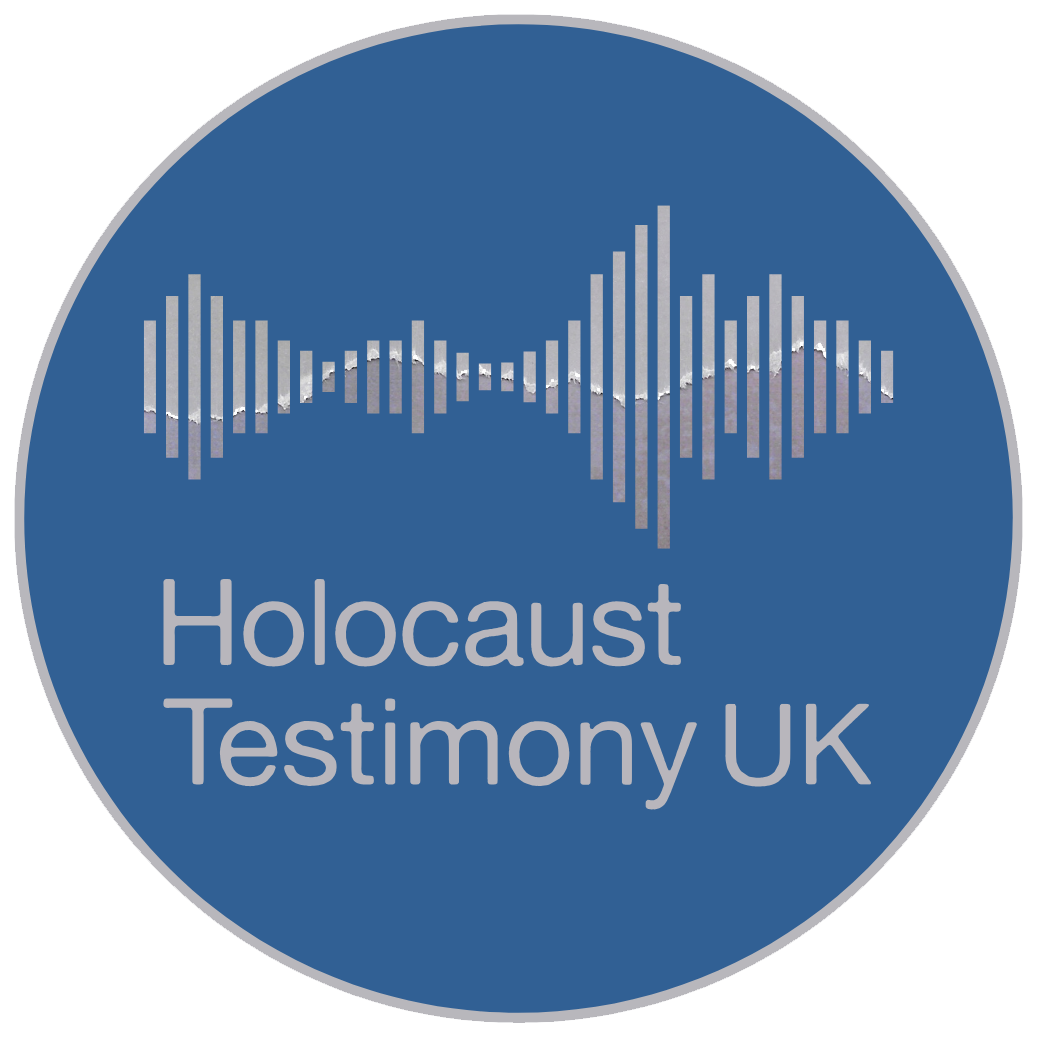By Harvey Kaplan, Director, SJAC

The Scottish Jewish Archives Centre (SJAC) collects the records of Jewish people in Scotland over the past 200 years and these are preserved and made available for exhibits, publications, education, academic research, family historians, media enquiries, tourists and others. SJAC is a co-founder and partner in the Scottish Jewish Heritage Centre (incorporating SJAC’s Scottish Holocaust-era Study Centre), all housed in Scotland’s oldest synagogue, the Grade A-listed Garnethill Synagogue in Glasgow (1879).
The Scottish Holocaust-era Study Centre houses displays on Jewish refugees who came to Scotland before, during and after the Second World War. The Centre also provides access to the fast-growing refugee collections of the Scottish Jewish Archives Centre, which constitute the largest such archive in Scotland.
SJAC is documenting the experiences of those who came to Scotland on the Kindertransport, refugee doctors, holders of domestic service visas, political refugees, Polish soldiers, businessmen, artists, scientists and academics, rabbis and cantors, concentration camp survivors and others.
The collections deposited here by refugees and/or their families have preserved a rich resource for historians, researchers, educationalists and others. They include German, Austrian, Polish, Hungarian and Czech birth, marriage and death certificates, photographs, family trees, identity documents, passports, legal documents, medical reports, school and university certificates, character references and work references, military records and war medals.
In addition, SJAC holds correspondence, interviews and personal testimony, press cuttings, Home Office and Red Cross documents, records of refugee hostels and agricultural farm schools and artefacts relating to the refugees.
The Holocaust-era interviews described in the new Holocaust Testimony Portal were carried out by SJAC from 1987 onwards and include first and second generation accounts.

Interviewed in 1987, Frieda Ehrlich-Jacob (nee Friedl Ledermann) was born in Silesia and became a physician. She came from Berlin to Glasgow in 1933 – one of the earliest refugees in Scotland. She worked hard throughout the 1930s to find homes in Glasgow for fellow refugees, even enlisting the help of former Lord Provost Sir Daniel Macaulay Stevenson.

Dr Leo Friedler (interviewed in 2013) grew up in Gelsenkirchen in Germany and came to Glasgow via the Kindertransport. He lived for a number of years in Garnethill Boys’ Hostel, attended secondary school and studied Chemistry at Glasgow University, before moving to London, where he started a packaging company.
Dr Liselotte Adler-Kastner (interviewed in 2019) was born in Vienna in 1934 and was brought to Edinburgh after the Anschluss by her parents, GP Dr Ernst Adler and scientist Dr Regina Kapeller-Adler, who had obtained a post in the Animal Genetics Department of Edinburgh University. Liselotte tells us in great detail about the Jewish refugee community which formed in Scotland’s capital, including doctors, scientists and musicians and also about how the refugees engaged with the existing Jewish community.
David Dunn (interviewed in 2021) was born David Mastbaum and was one of only five children from the Fehrbelliner Strasse children’s home in Berlin to be sent on the Kindertransport in 1938. Also resident for a time in Glasgow’s Garnethill Boys’ Hostel, he later was evacuated to Skelmorlie Hostel in Ayrshire, where he made a connection with the hostel cook, fellow-refugee Mrs Helene Susskind, moving in with her when they returned to Glasgow and helping her develop a kosher catering business. Later, he joined the Pioneer Corps and was headhunted for the British Special Forces (X-troop Commandos), who gave him half an hour to change his name (to Dunn). In his interview, he tells how he worked as an interpreter in Germany, interrogating German POWs.

Interviewed in 1987, sisters Rosa Sacharin and Betty Pheil related how they grew up in Berlin in the 1920s and 1930s, experiencing the rise of the Nazi party and growing restrictions on Jews. Betty came to Scotland as a refugee, followed by Rosa on the Kindertransport. Their mother survived underground in Berlin during the war, but was able to re-unite with her daughters in Glasgow after the war. Betty provides one of the few accounts of the Women’s refugee hostel in Glasgow, run by the Quakers.. She later made a career in nursery education. Rosa trained as a nurse, later becoming a nurse tutor and writing a textbook on paediatric nursing.
Careen Benjamin (interviewed in 2015) was the daughter of German refugees Sally (Salamon) Grabenheimer and Marion Weissmann, who met and married in Glasgow. Her father won the Iron Cross in the First World War and later built up a successful hat manufacturing company, which he was able to rebuild in Glasgow. Careen tells how her father was interned in the Isle of Man. After the war, Careen’s parents socialised in a close-knit circle of fellow refugees in the city.
These and other interviews in the collection of the Scottish Jewish Archives Centre form an important resource, allowing researchers to interpret the experiences of a range of Jewish refugees who came to Scotland and giving context to a number of SJAC’s collections of refugee documents, photographs and memorabilia.
Scottish Jewish Archives Centre
SJAC would be happy to hear from anyone from a refugee background who wishes to add to the collections about their experience in Scotland.
Contact us direct for weekday guided tours and school visit service.

